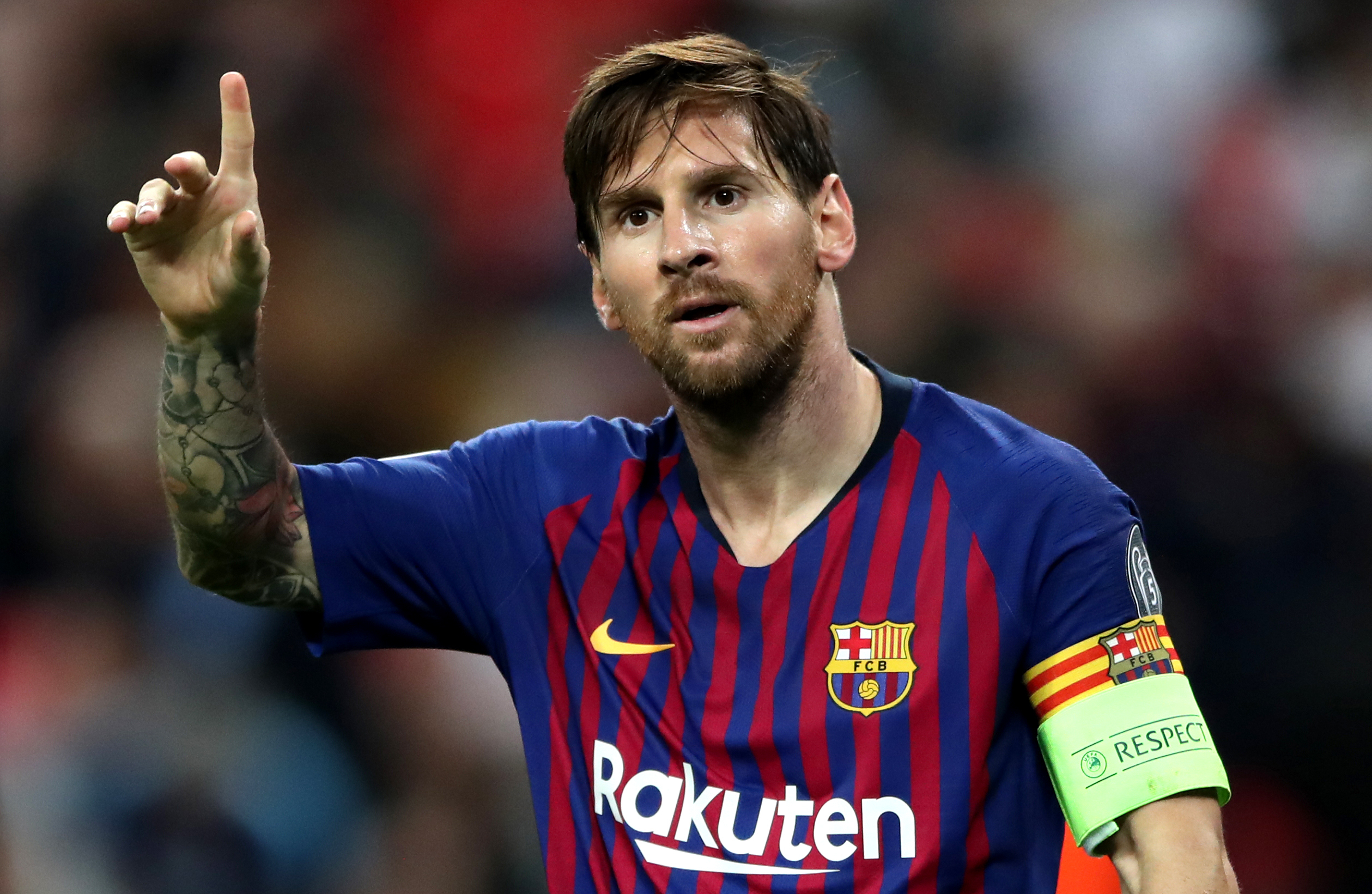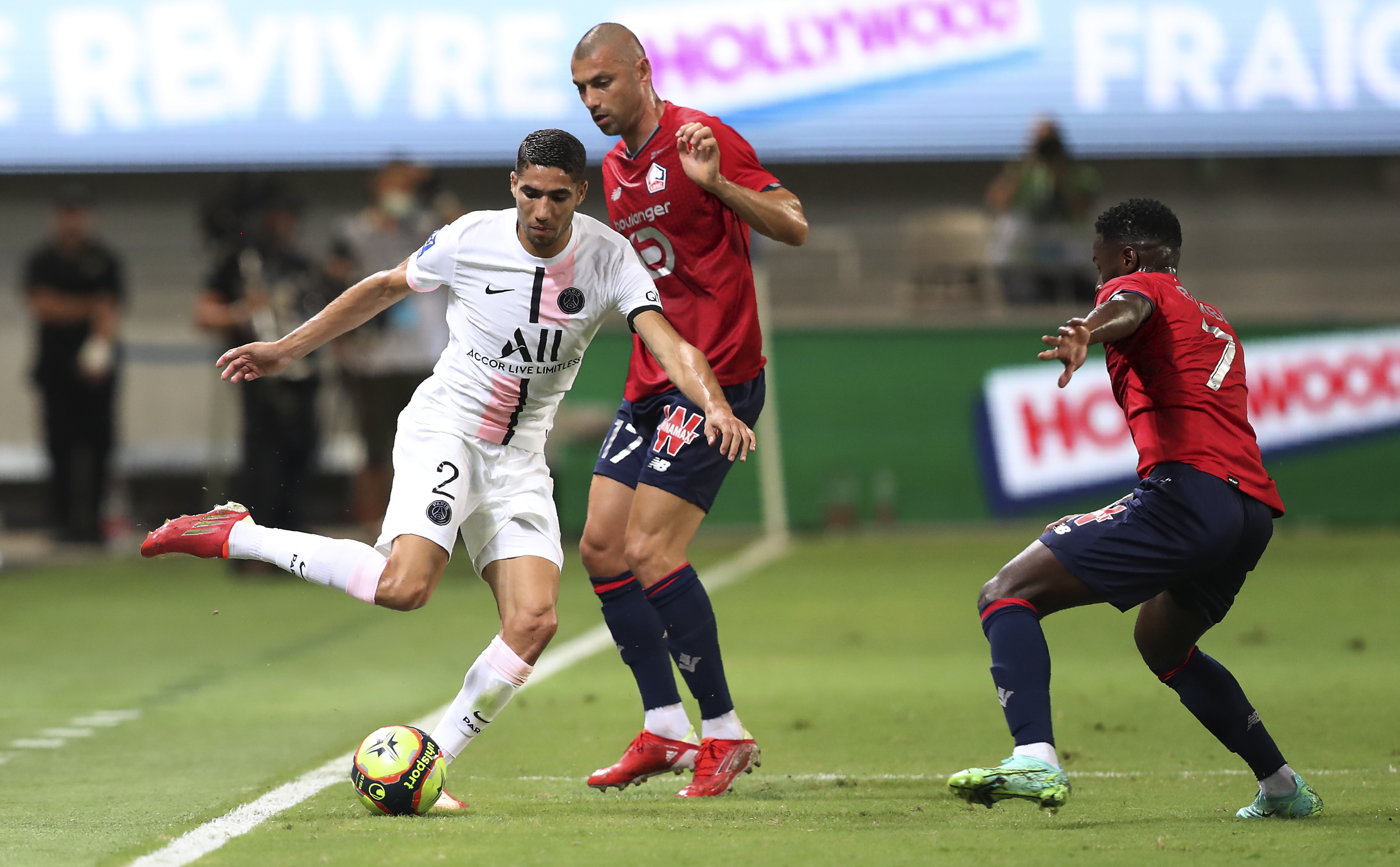PSG confident they would comply with any new UEFA financial regulations

Paris St Germain are confident they will be fully able to comply with whatever financial regulations UEFA puts in place, amid reports European football’s governing body will propose a salary cap.
The French club’s acquisition of Lionel Messi this week has generated debate about spending at the very top of the game, but PSG are confident that every acquisition – including Messi – will ultimately make them money and enable them to stay within spending limits.
The Times reports UEFA is proposing to cap player wages at 70 per cent of a club’s revenue and impose a luxury tax on any overspend.
The rules would give owners greater leeway to invest in players over and above existing revenue, at least in the short term, provided they are also willing to pay a luxury tax.
However, PSG are confident that whatever is finally agreed, they would support and be able to comply with, thanks to their commercial operation.
“Any rules that are created, PSG will be absolutely front and centre to comply with,” a source close to the club told the PA news agency.
“We have the best commercial unit in any football club. Whatever restrictions are put in place, we will make the best of them because we can make revenue like no other club. That is what we have been investing in.
Get FourFourTwo Newsletter
The best features, fun and footballing quizzes, straight to your inbox every week.
“If you have zero transfer fees you have enormous licence then to comply with the rules and make money.
“Messi will make us money and actually help us on Financial Fair Play.”
🏟️ Did you know? Despite a 210 million reduction in attendances during #COVID19, interest in European club football remains higher than ever, with record TV viewing figures.— UEFA (@UEFA) May 21, 2021
UEFA president Aleksander Ceferin has previously said there is a need to “adapt and update” existing FFP regulations, which seek to prevent clubs spending more than they earn and are focused on breaking even.
UEFA’s benchmarking report, published in May, talked about the need to reduce wages and transfer fees to “acceptable levels”.
Clubs will discuss the proposals at the European Club Association (ECA) general assembly next month. Later that week, on September 9 and 10, the UEFA Convention will bring together clubs, associations, leagues and fans’ groups to debate a variety of issues affecting the game, and again the proposed financial regulations will be discussed.

PSG chairman Nasser Al Khelaifi is also the chairman of the ECA, and sits on UEFA’s executive committee.
In addition to Messi, PSG’s policy has largely been to go after high-quality free transfer signings, with the club having brought in Georginio Wijnaldum, Gianluigi Donnarumma and Sergio Ramos without a fee.
It is understood Wijnaldum rejected higher wages from two other clubs before signing for PSG. The club also believe the signing of Morocco international Achraf Hakimi from Inter Milan for around £60million will pay for itself because of his appeal in north Africa and the Middle East, especially either side of a World Cup in the region next year.
Sources close to the clubs still committed to the Super League project – Barcelona, Real Madrid and Juventus – have privately criticised the reported proposals. They have told PA that the introduction of a luxury tax is “tailor made” for clubs like PSG and Manchester City and believe it highlights the need for a new approach to financial governance in football.
Football finance expert Kieran Maguire believes the small print of the new regulations will be key.
“If owner contributions are allowed to be taken into consideration (as revenue) then it would allow for new money to compete with the existing elite,” he said.
“I quite like the idea of a luxury tax, it would allow clubs to overspend but the owners would realise that for every pound you’re spending on the club, you’re effectively spending a pound on the rest of football.
“It’s intriguing, it certainly has some merits.”
